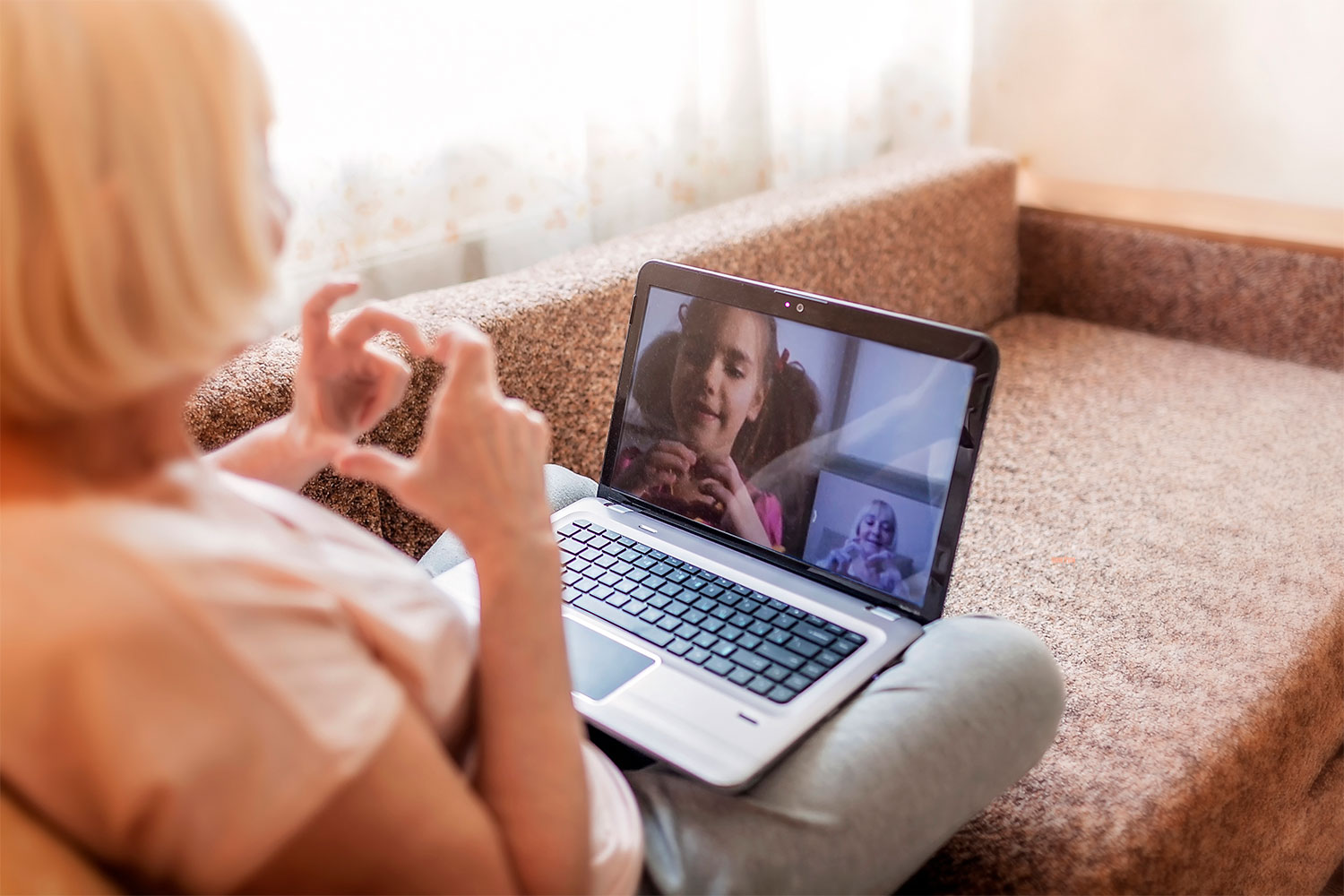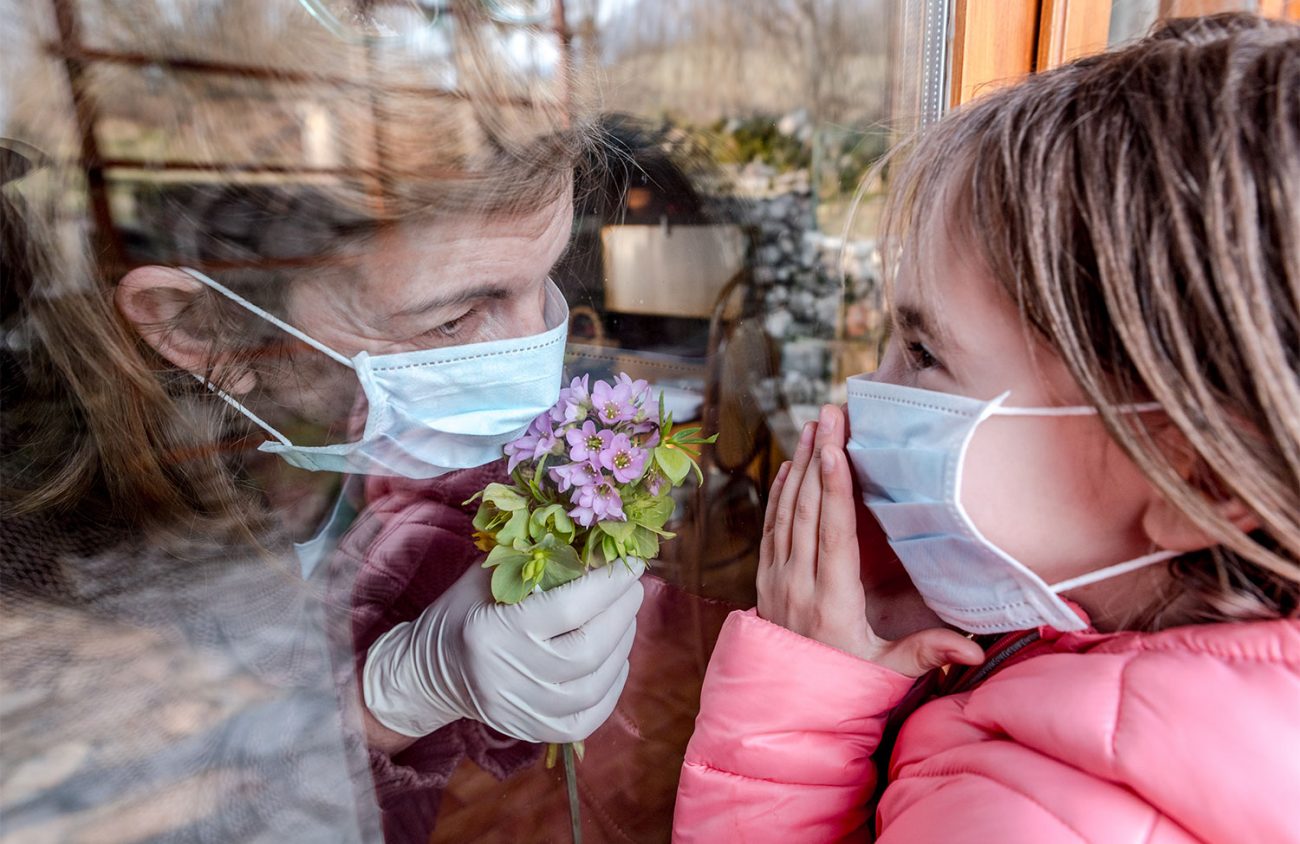2020 was a trainwreck: a global pandemic, wildfires, social isolation, political unrest. During this time of exhaustion and loneliness, everyone has struggled to find ways to stay healthy physically and mentally.
But as 2021 kicks off, experts say it’s important to address brain health. Exercising the brain keeps memory sharp and improves thinking skills, which can increase long-term cognitive abilities, especially for people in an older demographic or those who were diagnosed with dementia. And unlike other muscles, a gym is not necessarily required to keep the brain fit.
In a way, many activities that are good for your brain are pretty obvious, says Ulrich Mayr, a professor of neuroscience at the University of Oregon who specializes in researching lifespan changes in psychological and cognitive functioning. Mayr says that with brain health, there aren’t necessarily many “silver bullets” that can be pointed to, but some activities can help.
Physical exercise is at the top of the list, he says. And it’s something you can do regardless of a global pandemic. The other aspect, Mayr says, is being in social and developing relationships. Though most hangouts take place virtually, they are still beneficial, Mayr says.
“I think the perception of being connected is just as helpful as actual interactions,” he says.
An additional layer is to be prosocial, which is doing good for others and knowing you are making a difference in someone’s life, Mayr says. These days, a little kindness goes a long way.
He addresses misconception that brain games — such as sudoku and crossword puzzles — are enough to train your brain. Mayr explains that through research he’s learned it’s more hype than anything.
Mayr also acknowledges the role mental health plays in overall brain function. Chronic stress, something many people experienced over the past year, is bad for the brain, he says.
Enlarge

Photo courtesy Alzheimer’s Association
“We do know that a lot of people are more lonely, and being lonely is not good for your brain,” he says, adding that loneliness needs to be combated actively. “To the degree that people face extreme chronic stress, there is no question that this will have an effect on people’s lives overall.”
Essentially, mental health and cognition can go hand-in-hand. Mayr says that keeping the mind active and busy engages it, which is a healthy alternative to sitting around and letting bad thoughts stew. Being mindful is also key, Mayr says, because it helps to think why you feel a certain way.
Many of these activities are also proven to benefit those battling dementia or other cognitive decline. Heidi Rowell is a program director with the Oregon and Southwest Washington chapter of the Alzheimer’s Association. She says that brain health is an important piece of their mission in providing resources to those with Alzheimer’s.
Though brain games aren’t proven to help brain health, Rowell says that learning something new stimulates the brain. Many people have taken free time during the pandemic to learn a new skill or to take a free online class. Remember when everyone learned to make sourdough bread?
“People who are living with dementia and their caregivers tend to be isolated anyway. And it’s been exacerbated by the pandemic,” she explains.
She says the Alzheimer’s Association has resources and support groups for families and caregivers of individuals with dementia. Its website also has various blogs and articles about the disease. Getting a diagnosis can be pretty devastating, she says, and it’s tempting to say that there is nothing that can be done.
“If people are staying active and getting regular exercise, it can help people with dementia. Also, finding challenging activities for people to engage in.” Rowell says that even during the pandemic, there are fitness videos on YouTube that people can stream from inside their home.
And sometimes cognitive stimulation can be as simple as having a conversation with someone. Many caregivers, she adds, are facilitating contact with the outside world in activities like letter writing and virtual visits. Even smaller actions like eating healthy and getting enough sleep can improve overall brain health.
But some of these actions are still difficult for individuals who are in the late stages of dementia.
“As someone progresses in their dementia, that may be more difficult to do.”
Though it can be tempting to create ambitious goals coming out of 2020, Rowell advises not to go crazy with healthy resolutions — people can’t go from never exercising to running marathons, she says. Instead, Rowell explains, it’s about taking a few small steps at a time.
“Find some challenging activities and keep building.”
